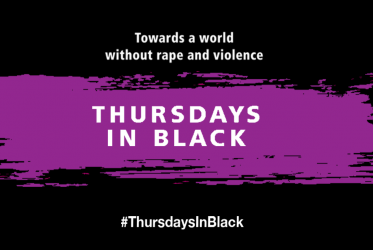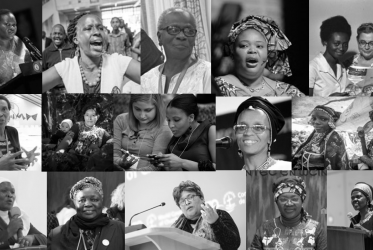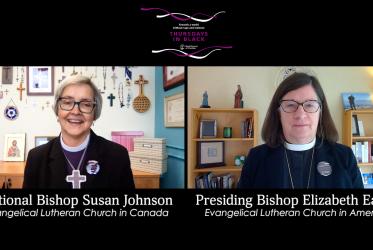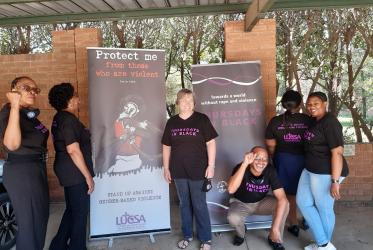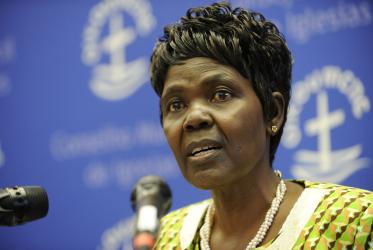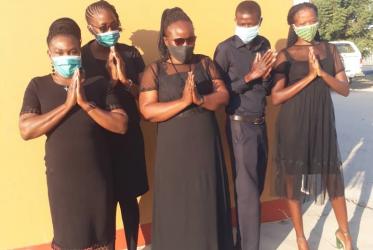Displaying 161 - 180 of 538
COVID-19 in conflict zones: “a crisis within another crisis”
27 November 2020
Thursdays in Black ambassadors map positive future
06 October 2020
Thursdays in Black is growing in Namibia
20 August 2020





